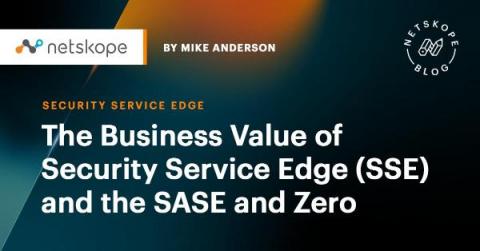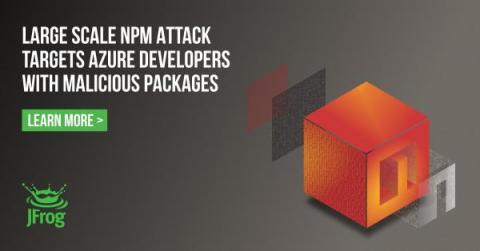Security | Threat Detection | Cyberattacks | DevSecOps | Compliance
Cloud
7 vital security tips for enterprise cloud security administrators
Every organization has tons of sensitive information stored in the cloud. The unanticipated surge in remote work resulted in an increase in the amount of information stored in the cloud. According to TechJury, 67% of enterprise infrastructure is cloud-based. However, with organizations allowing employees to use both business and personal devices at work, the attack surface has expanded, increasing opportunities for threat actors to target vulnerable devices.
Improving coverage of cloud resources to reduce infrastructure drift
As developers, we need maximum visibility of what’s actually running in our cloud environments, in order to keep them secure. Infrastructure as code (IaC) helps developers automate their cloud infrastructures, so what’s deployed to the cloud is under control and can easily be audited. But achieving and maintaining 100% IaC coverage of your infrastructure has many challenges.
Charts - Pie
CrowdStrike Named a Strong Performer in 2022 Forrester Wave for Cloud Workload Security
“In its current CWS offering, the vendor has great CSPM capabilities for Azure, including detecting overprivileged admins and enforcing storage least privilege and encryption, virtual machine, and network policy controls.” – The Forrester Wave™: Cloud Workload Security, Q1 2022 CrowdStrike is excited to announce we have been named a “Strong Performer” in The Forrester Wave:™ Cloud Workload Security, Q1 2022.
The Business Value of Security Service Edge (SSE) and the SASE and Zero Trust Journey
I’m not big on acronyms or buzzwords. Like many executives, my eyes glaze over when I’m being prospected with an alphabet soup of technology terms I supposedly “need” to care about. So why, then, does the title of this article include Security Service Edge (SSE), Secure Access Service Edge (SASE), and Zero Trust? Despite our justified disdain for acronyms, the ideas behind these terms hold genuine importance for business leaders.
Large-scale npm attack targets Azure developers with malicious packages
The JFrog Security research team continuously monitors popular open source software (OSS) repositories with our automated tooling to avert potential software supply chain security threats, and reports any vulnerabilities or malicious packages discovered to repository maintainers and the wider community. Two days ago, several of our automated analyzers started alerting on a set of packages in the npm Registry.











